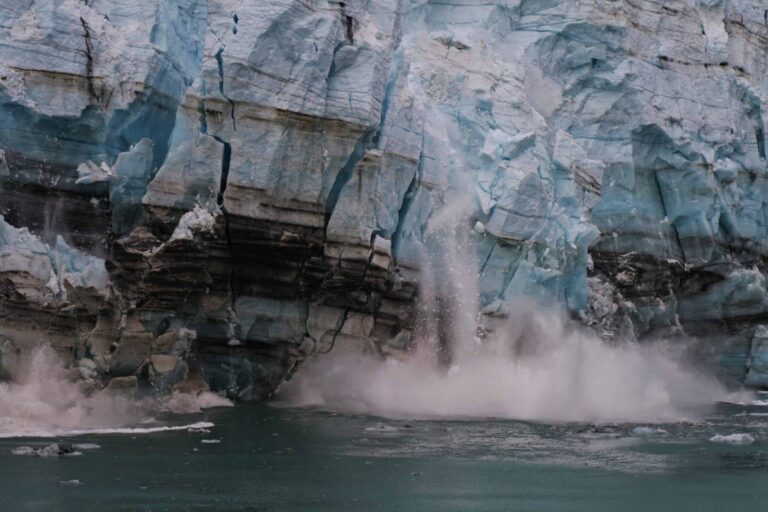Climate change already has a significant impact on environmental, social, political, and economic systems around the world. And, it will have an even greater impact in the future.
Actions to limit global warming and its related effects, together with adaptation and the resilience of citizens and businesses, are therefore critical.
Efforts by all to achieve the goal of zero net emissions by 2050 will be essential, as will efforts to prepare for the consequences of climate change itself and to minimize the resulting damage.
The application of advanced analytics and artificial intelligence (AI) systems to climate challenges provides important, even vital, support for making the essential changes needed at this critical time.
Table of Contents
Artificial intelligence critical in the fight against climate change
According to the report How AI Can Be a Powerful Tool in the Fight Against Climate Change, conducted by the AI for the Planet Alliance in collaboration with Boston Consulting Group (BCG) and BCG GAMMA, 87 percent of top executives in public and private entities dealing with climate-related issues and artificial intelligence think the latter is a valuable resource in the fight against climate change.
Based on the results of a study conducted by interviewing more than 1,000 executives with decision-making power on AI or global warming initiatives, the report shows that about 40 percent of organizations can imagine using artificial intelligence to support their environmental efforts. However, even among these experts, there are those who argue that there are still significant barriers to large-scale adoption of AI.
The applications of AI in the fight against climate change
The report offers an extensive roundup of applications of artificial intelligence against climate change. Not only that, it suggests ways for world leaders to use AI to achieve their goals for the environment.
- Mitigation. One of the most critical uses of artificial intelligence is in the measurement, reduction and removal of greenhouse gas (GHG) emissions and impacts. More than 60 percent of public and private entity leaders see emissions reduction and measurement as the greatest business value for their organizations.
- Adaptation and resilience. Adaptation to climate change is one of the biggest challenges for policy and companies engaged in the transition. This is because adaptation increases resilience to the effects of long-term climate trends. But also to extreme weather events. In this context, artificial intelligence is being used to help simulate and represent climate-related risks. Thus, improving long-term projections of localized events such as sea level rise or enhancing early warning systems for extreme events such as hurricanes or droughts.
- Fundamentals. Artificial intelligence can be used to support climate change research and education efforts, helping all stakeholders-policy, business, science and even citizens-understand the risks and implications involved. It can also encourage researchers to share what they have learned and the results they have achieved.
Some of the possible deployment of AI in the climate change fight
Within each of these areas, artificial intelligence can be deployed in five main ways:
- to collect and complete complex datasets on emissions, climate effects and more;
- to strengthen planning and decision-making;
- to optimize processes;
- to support collaborative ecosystems;
- to encourage climate-friendly behaviors.
It can thus serve as a tool to help stakeholders, from businesses and governments to NGOs and investors. The report notes, however, that AI is not the solution per se. But a tool to help leaders and citizens make informed judgments about how to address climate challenges.
Obstacles to progress
Although there are some areas where artificial intelligence solutions are well established and ready for wide application, the technologies that exist today to combat climate change are fragmented, not networked with each other, difficult to access, and lacking resources that could enable scalability.
Moreover, not all organizations are yet actively engaged in climate-related projects, let alone AI. In parallel, leaders who have already moved in this direction face many obstacles to using AI for climate benefit.
Seventy-eight percent of respondents in the study by AI for the Planet Alliance cite poor access to AI expertise, both inside and outside their organization, as difficulties. 77 percent report a lack of available AI solutions. And 67 percent say they face a lack of trust by the organization itself in AI data and analytics.
Read also: Green jobs of the future, the new professions to tackle climate change












